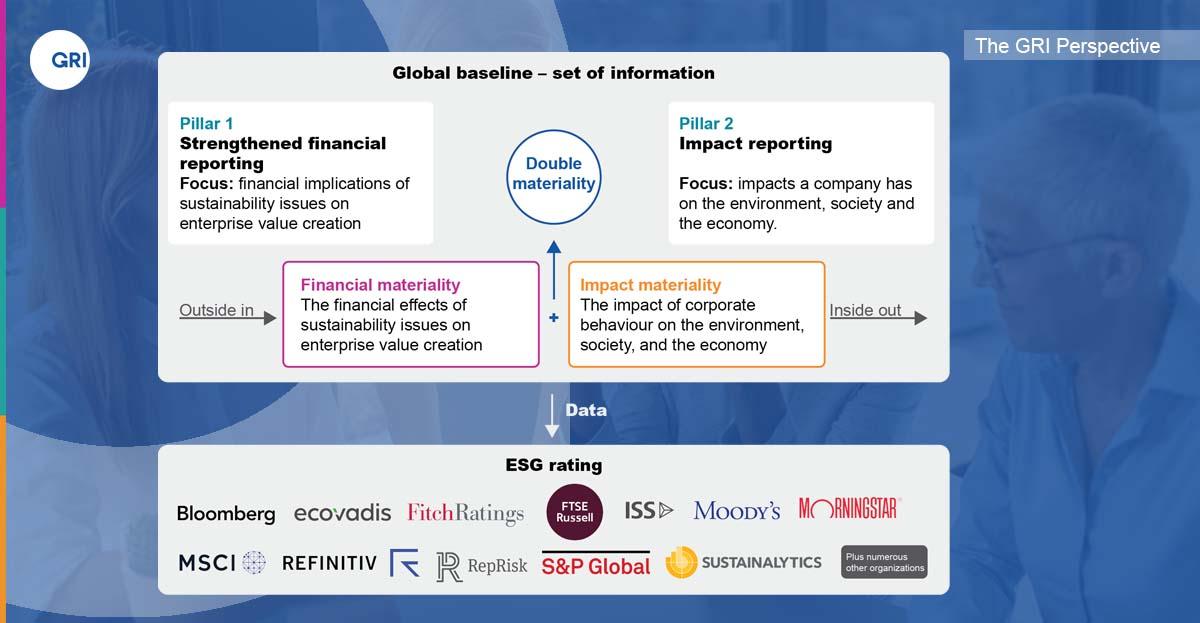ESG Rankings - Do They Reflect Sustainability Impacts or Only Risks?
The GRI Perspective: Demystifying the World of ESG Benchmarks

July 27, 2022 /3BL Media/ - What is the role of the ESG ratings industry, do they actually determine whether companies are sustainable or not – and how will future changes in the world sustainability reporting affect them?
These are some of the issues explored in the latest edition of The GRI Perspective: The ABC of ESG ratings – an invitation for common ground. Lifting the lid on a grouping of organizations whose role in the sustainability disclosure landscape is often misunderstood, it introduces the types and functions of the ratings firms out there – and why questions about the consistency and transparency of the ESG rankings they produce persist.
Bronte Klein, Senior Manager – Executive Affairs, GRI, said:
“ESG ratings have an important role in benchmarking sustainability information, which can help investors to assess and contrast the performance of companies against ESG metrics. Yet, when it comes to what these agencies actually rate, the overwhelming focus is on sustainability risk and not impact.
Getting to grips with whether a business is taking accountability for its socio-economic and environmental impacts on the world, and thereby contributing to sustainable development, cannot be achieved using a financial lens alone. ESG ranking firms are starting to realize this, which is reflected by increased attention on impact materiality, as enabled by reporting using the GRI Standards.
Achieving a global baseline for corporate sustainability information is currently being progressed through a cooperation agreement between GRI and the IFRS’ International Sustainability Standards Board. Signposting the way to an improved reporting system that delivers consistent data on both sustainability impacts and risks, this collaboration is good news for stakeholders and information users, including ESG rankers.”
The GRI Perspective is a regular briefing series, launched in January 2022, covering topical themes from the world of sustainability reporting. Focus areas in the previous seven issues include human rights reporting, stakeholder capitalism, lobbying, tax transparency – and more.
Global Reporting Initiative (GRI) is the independent, international organization that helps businesses and other organizations take responsibility for their impacts, by providing the global common language to report those impacts. The GRI Standards are developed through a multi-stakeholder process and provided as a free public good.

